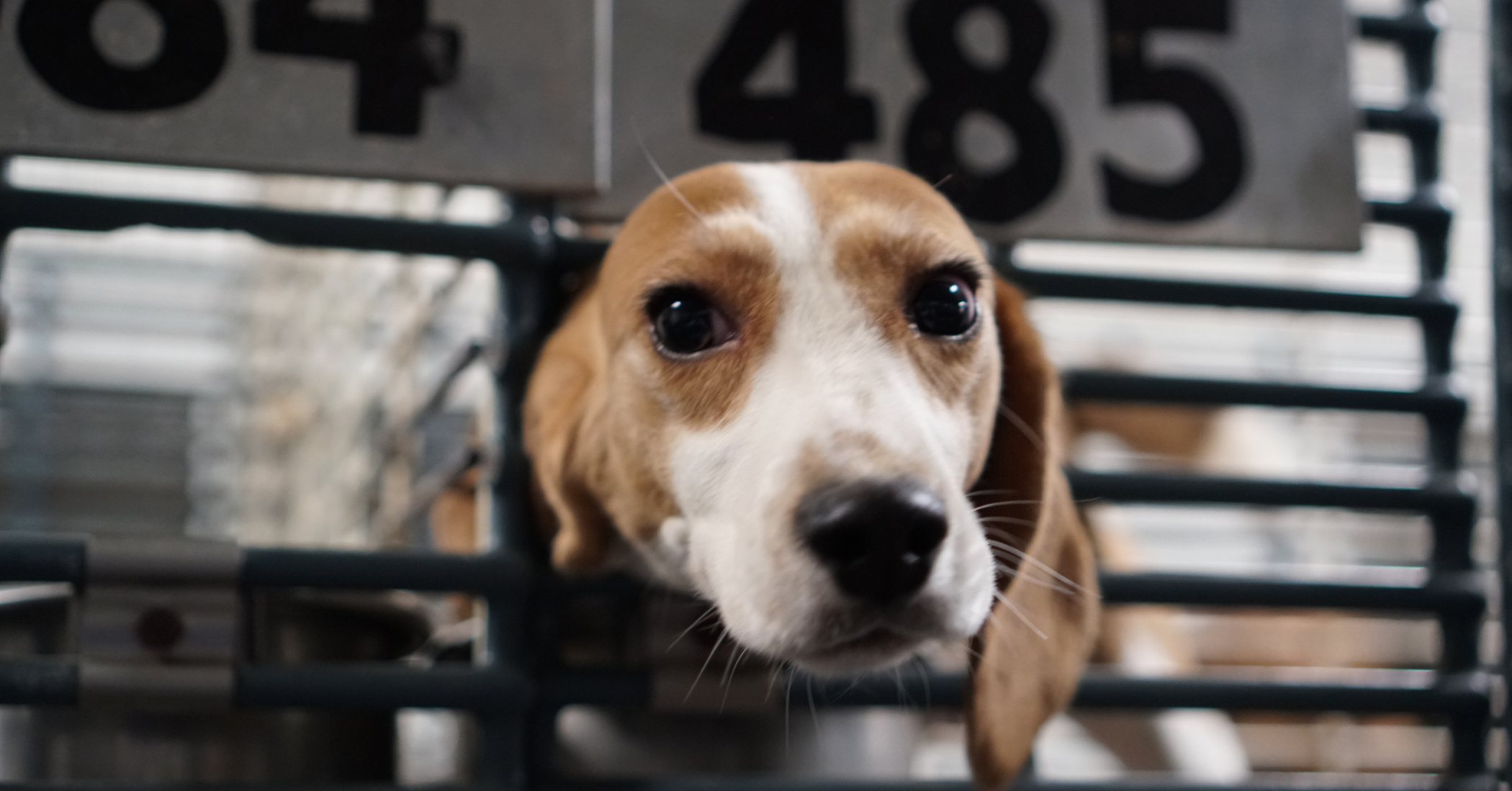Pittsburgh Passes Legislation Banning Production and Sale of Foie Gras
Foie gras has been consistently criticized for its cruel production methods, where geese and ducks are repeatedly fed through tubes inserted into their throats until their livers become unnaturally enlarged.
Pittsburgh City Council has voted to ban the controversial delicacy foie gras, in a decision hailed as a "groundbreaking move toward animal welfare and ethical consumption."
The City Council passed, by a vote of 7-2, a bill to "ban the production and sale of foie gras within city limits" on Monday 18th December, after years of pressure on the industry.
While the law allows businesses to continue selling foie gras if they can provide proof that the product was created without forced feeding, the measures effectively ban the delicacy across the state with establishments facing a $500 fine for each violation.
Restrictions on foie gras have already been placed in numerous countries around the world, including Australia, Germany, India, the United Kingdom, and Turkey, as well as in various U.S. states and cities.
Foie gras has repeatedly come under fire for its cruel production methods, in which geese and ducks are repeatedly force-fed - often through tubes inserted in their throats - until their livers become unnaturally engorged.
“This victory showcases the power of collective action and our shared commitment to creating a more compassionate society,” Dr. Karen Phillips, founder of the Sewickley-based Hope Haven Farm Sanctuary told Pittsburgh City Paper. “We are grateful to the City Council for recognizing the importance of this issue and taking a proactive stance to protect animals from egregiously inhumane treatment.”
The measure was sponsored by council members Bruce Kraus, D-South Side, and Erika Strassburger, D-Squirrel Hill. Council President Theresa Kail-Smith, D-West End, and Councilman Anthony Coghill, D-Beechview, voted against the ban.
“This isn’t about telling people what they can and can’t eat,” Councilwoman Barb Warwick, D-Greenfield, the Pittsburgh Tribune-Review reported. “This is about animal cruelty.”
New York-based company, Hudson Valley Foie Gras, plans to sue Pittsburgh over the ban, according to the Pittsburgh Post-Gazette. The company has previously waged wars in New York City and several other states in favor of foie gras production.
The council had also considered banning fur sales and horse-drawn carriage rides as animal cruelty grounds, but these proposals have been paused for now.
Solutions For Change
Credit: Nestlé
As campaigners continue to push for outright bans on foie gras across the U.S., others are working to offer foie gras alternatives that can help make the industry obsolete.
Berkeley, CA-based vegan company, Prime Roots has created an innovative plant-based substitute, Koji Foie Gras Torchonis, made from a base of coconut oil, koji culture and pea protein.
Meanwhile, last year, Nestlé conducted a trial of a Voie Gras, a vegan alternative to animal-based foie gras, in Switzerland and Spain. Due to its success, Nestlé has now applied to register the name ‘Veggie Gras’ as an international trademark, suggesting global expansion sometime in the near future.
Cell-based companies including Japanese startup IntegriCulture and French startup Gourmey, are also racing to create cultivated foie gras. Made from duck stem cells and grown in vitro in large stainless-steel tanks known as bioreactors, this cell-based pâté is completely slaughter-free while being indistinguishable from the real thing. Both IntegriCulture and Gourmey expect to release their products once they receive regulatory approval.
What Can You Do?
Species Unite is calling for a ban on all foie gras across the U.S. Please add your name to this urgent Species Unite petition demanding that the USDA takes action to protect ducks from this cruel practice.
We Have A Favor To Ask…
Species Unite amplifies well-researched solutions to some of the most abusive animal industries operating today.
At this crucial moment, with worldwide momentum for change building, it’s vital we share these animal-free solutions with the world - and we need your help.
We’re a nonprofit, and so to keep sharing these solutions, we’re relying on you - with your support, we can continue our essential work in growing a powerful community of animal advocates this year.
More stories:
Species Unite
A collection of stories of those who fight the good fight on behalf of animals.






The 25% death rate is prompting renewed criticism of zoo breeding programs and fresh calls to prioritize sanctuary-based alternatives.